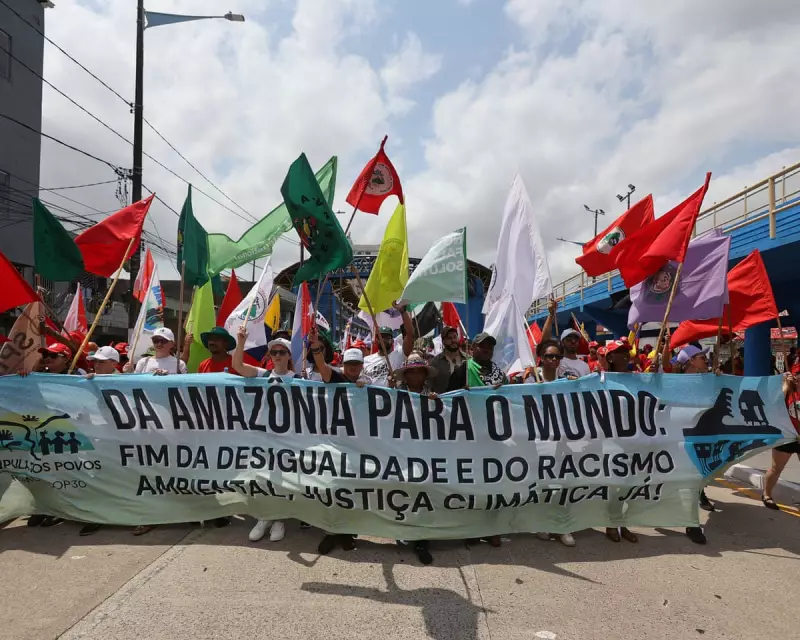
World leaders have converged on the Brazilian city of Belém for the pivotal COP30 climate summit, marking a critical moment in the global fight against climate change. The conference, officially known as the 30th Conference of the Parties to the UN Framework Convention on Climate Change, has opened with renewed urgency as nations grapple with escalating climate impacts.
Ambitious Targets and Financial Commitments
The summit has seen participating countries agree to significantly increase their climate finance contributions to support developing nations in their transition to clean energy. Delegates have committed to strengthening national climate plans, known as Nationally Determined Contributions, with the explicit goal of keeping global temperature rise within the critical 1.5 degrees Celsius threshold established in the Paris Agreement.
Brazilian President Luiz Inácio Lula da Silva opened proceedings by emphasising the urgent need for collective action and the protection of the Amazon rainforest, which plays a crucial role in global climate regulation. The location of COP30 in Belém, a gateway city to the Amazon, has placed forest conservation and indigenous rights at the forefront of discussions.
Key Challenges and Negotiation Points
Despite the optimistic opening, significant challenges remain on the negotiating table. The phasing out of fossil fuels continues to be a contentious issue, with some nations resisting firm deadlines for ending coal, oil and gas usage. Developed and developing countries also remain divided over the scale and distribution of climate finance, particularly regarding compensation for loss and damage already experienced by vulnerable nations.
European Commission representatives have emphasised the need for concrete, measurable actions rather than mere promises, while small island states have voiced concerns about the slow pace of progress given their existential threat from rising sea levels.
The Road Ahead for Global Climate Action
As the two-week summit progresses, attention will focus on the implementation mechanisms for new agreements. The success of COP30 will be measured by its ability to translate ambitious targets into practical policies and enforceable commitments that drive real-world emission reductions.
Climate scientists present at the conference have warned that current pledges remain insufficient to meet the 1.5°C goal, emphasising that global emissions must peak before 2025 and decline rapidly thereafter to avoid the worst impacts of climate change. The outcomes from Belém will set the trajectory for global climate policy through the crucial coming decade.





